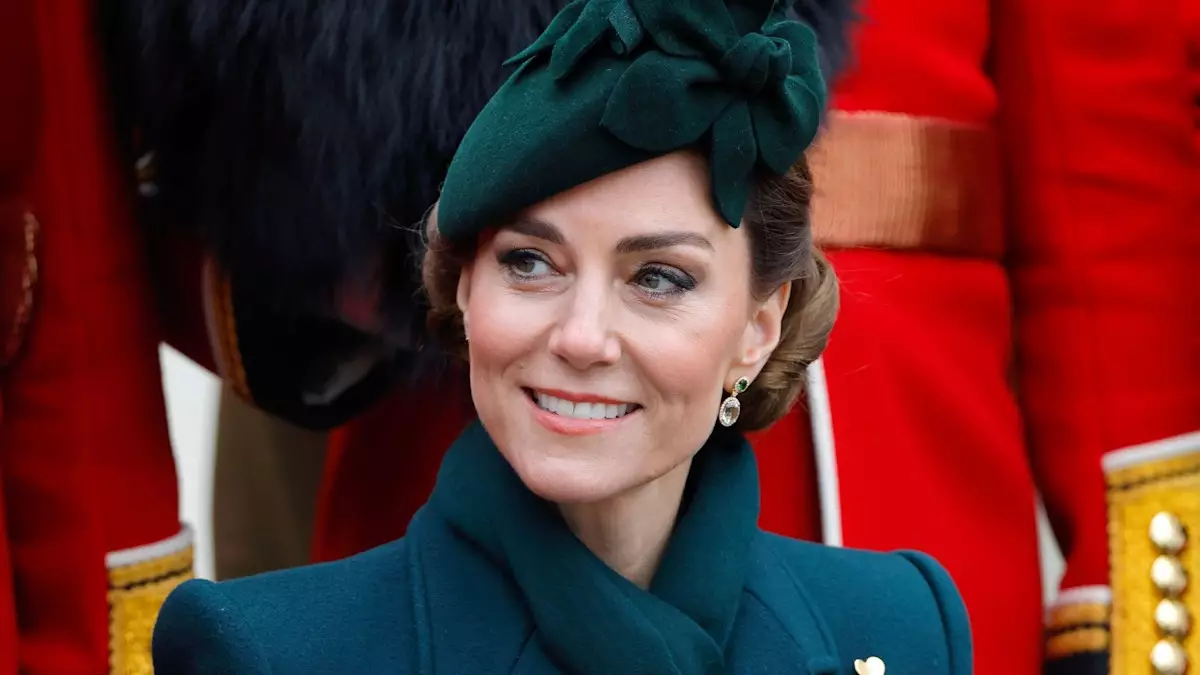As we delve into the intricacies of royal obligations and family commitments, the recent news of Princess Kate’s decision to forgo attendance at Pope Francis’ funeral stands out as a pivotal moment. Scheduled for Saturday at the Vatican, this significant event will see Prince William present on his own, symbolizing a blend of respect for family traditions and the evolving role of the royal family in contemporary society. Kate’s absence resonates on multiple levels, reflecting both adherence to royal protocol and the practical demands of motherhood.
Historically, the British monarchy has adhered to specific traditions regarding public ceremonies, especially those involving religious figures of different faiths, as seen in the absence of previous monarchs at papal funerals. This legacy continues to influence the decisions made today, embodying an approach to royal participation that remains mindful of tradition while accommodating personal circumstances. Prince William’s solo attendance aligns with the example set by his father, King Charles, at the funeral of Pope John Paul II, illustrating that the monarchy’s approach can evolve without abandoning its historical context.
Family Commitments Take Priority
In this instance, the responsibilities that come with raising a family have played a central role in Princess Kate’s decision. The mother of three has a full schedule, recently immersing herself in celebrations for young Prince Louis’s seventh birthday and gearing up for her daughter Princess Charlotte’s tenth birthday festivities the following week. This is a telling narrative of the modern royal, where family takes precedence over formal obligations, showcasing Kate’s dedication to her children while navigating the expectations of her public role.
The timing of these family events is noteworthy, occurring merely days before a globally recognized occasion. It raises questions about the emotional toll such public responsibilities might inflict on family dynamics and raises the reaffirming possibility that the royal family, like any other, prioritizes family connections, even amidst their high-profile public lives. The childhood activities of the young royals, such as extracurricular engagements and weekend lessons, cannot be overlooked in this narrative, suggesting a well-rounded upbringing that balances royal expectations with familial love.
William’s Role as a Future Leader
Prince William’s attendance at the Pope’s funeral is not simply a formality but marks a critical step in portraying him as a global diplomat and future king. The significance of this event extends beyond the ceremony itself; it acts as a public reaffirmation of his growing stature within royal circles and the broader international community. By representing the monarchy at such an occasion, William asserts his position as an individual who understands the weight of diplomacy and the importance of interfaith dialogues.
Despite never having met Pope Francis personally, William’s decision to attend encapsulates a respect for the longstanding relationship between the British monarchy and the Catholic Church, albeit a delicate one. His role as Defender of the Faith positions him at an interesting intersection where personal beliefs and institutional responsibilities converge, creating an environment ripe for introspection on his comfort within religious dialogues. Royal author Robert Hardman’s observation that William possesses deep respect for these institutions but may not feel entirely at ease in faith settings echoes a broader sentiment of modern royals grappling with traditional expectations.
A Sign of Evolution in Royal Engagements
The decision made by both Prince William and Princess Kate reflects a nuanced approach to royal engagement, balancing tradition with contemporary family life. As William proclaims his role on the world stage, there is a subtle acknowledgment of the legacy left by previous monarchs, illustrated by King Charles’s heartfelt reflections on his relationship with Pope Francis prior to the pontiff’s passing. Through this mourning process, the continued expressions of grief and respect for the Pope’s legacy underscore the monarchy’s commitment to operating within a global context while navigating the familial landscape.
In this way, Princess Kate’s choice serves as more than mere absence; it denotes an intentional reshaping of royal engagements, underscoring the evolution of the monarchy while simultaneously nurturing familial bonds that remain crucial for an institution that has stood the test of time.

